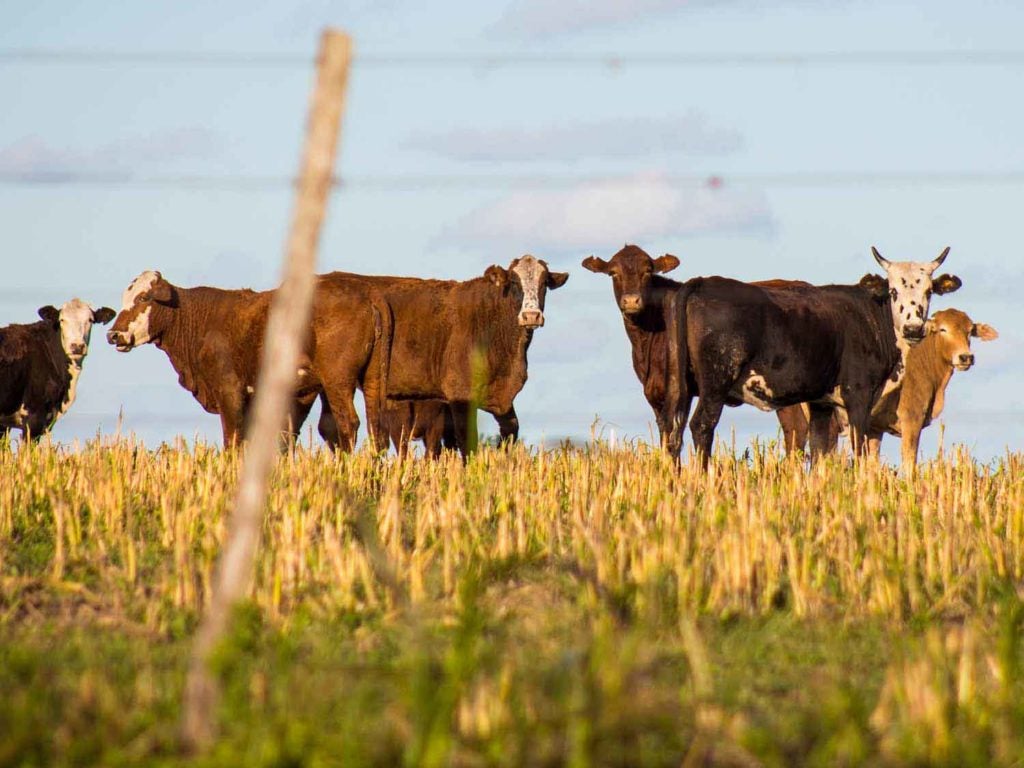
Related Content
Most Popular
Testing for heavy metals: food, food ingredients
Guide
RILA's Corporate Clean Energy Procurement Index
Report
EPA guidance on reducing supply chain emissions
Article
Smart Moves – Creative Supply Chain Strategies
Article
USDA revises date labeling to reduce food waste
Initiative
Industrial Assessment Center technical documents
Tool
Browse Industrial Assessment Centers case studies
Database
GHG quantification standard for organizations
Tool
Climate and supply chain: business case for action
Report
Precision Conservation Management
Initiative
From field to fork: Tyson harnesses ag tech for sustainable food
Blog
Dutch Wind Consortium: a model for aggregated PPAs
Case Study
